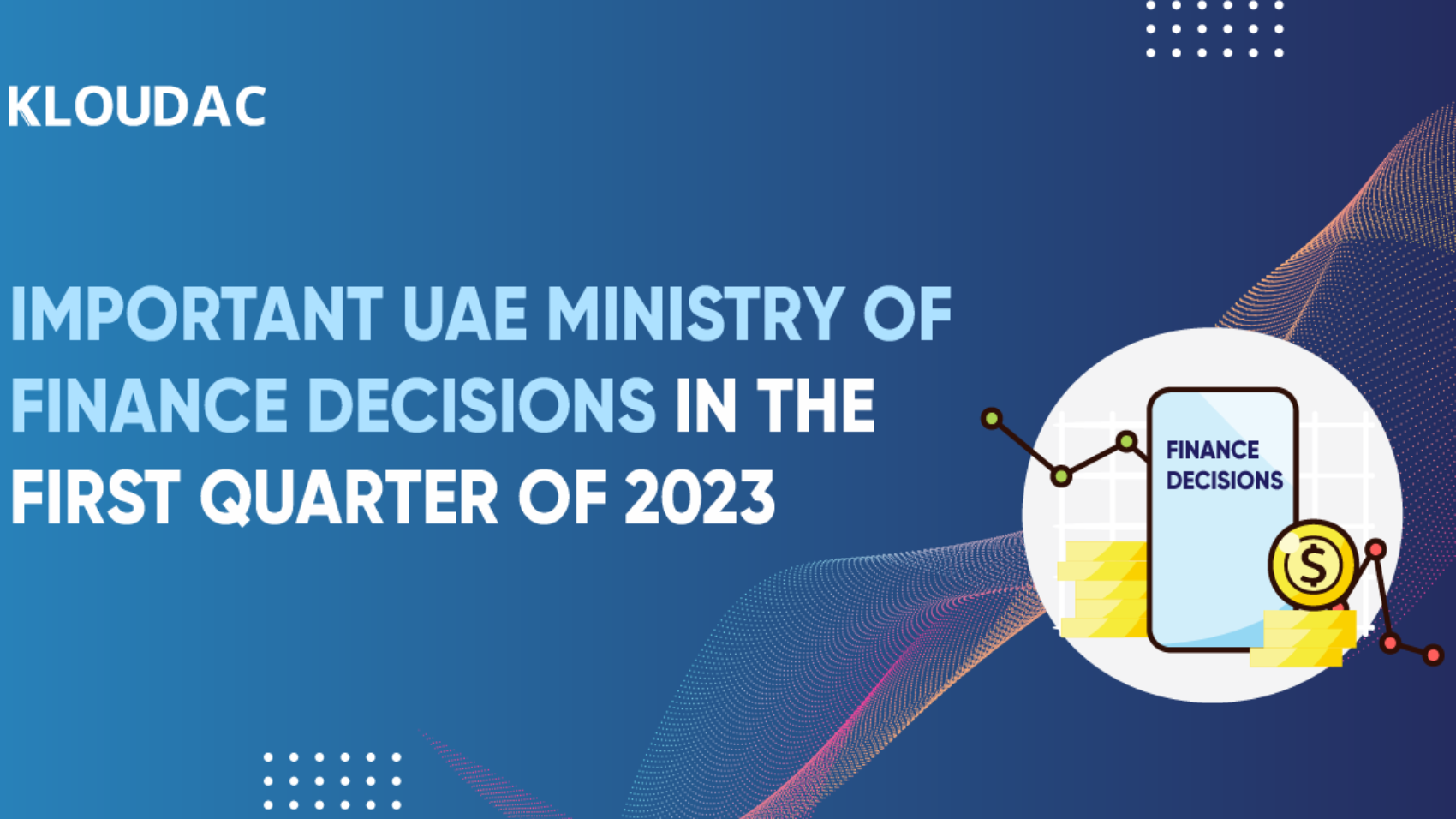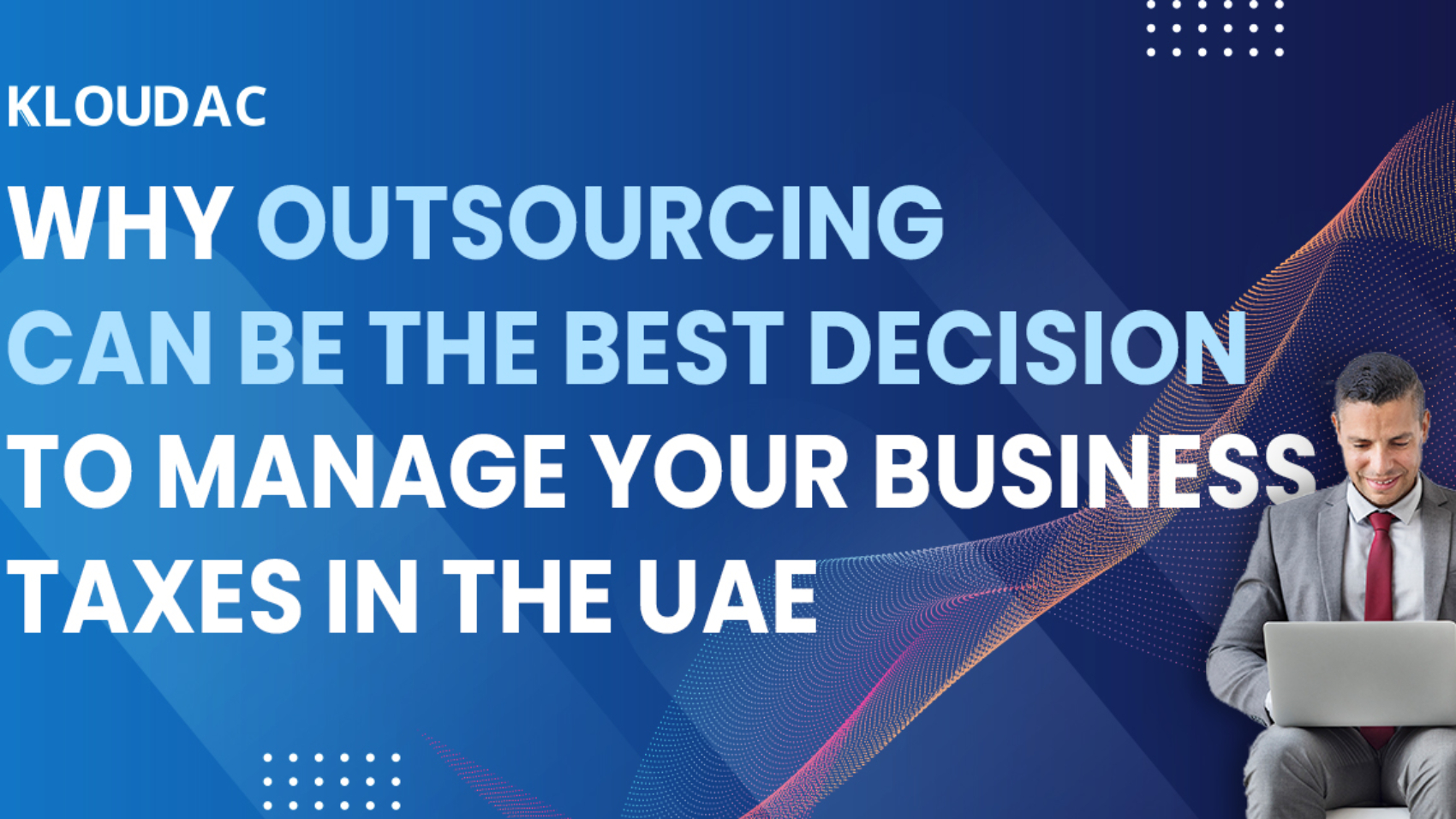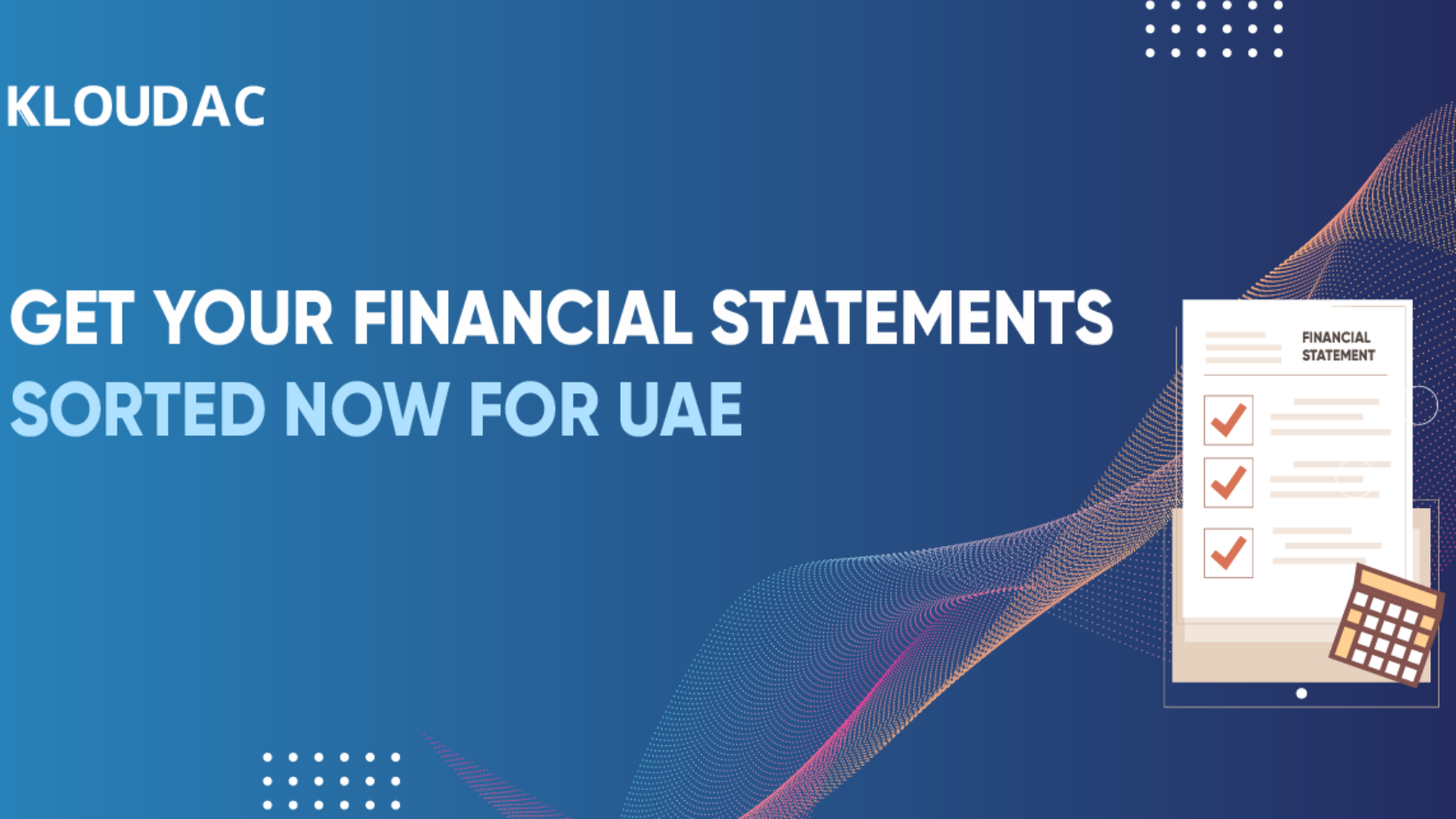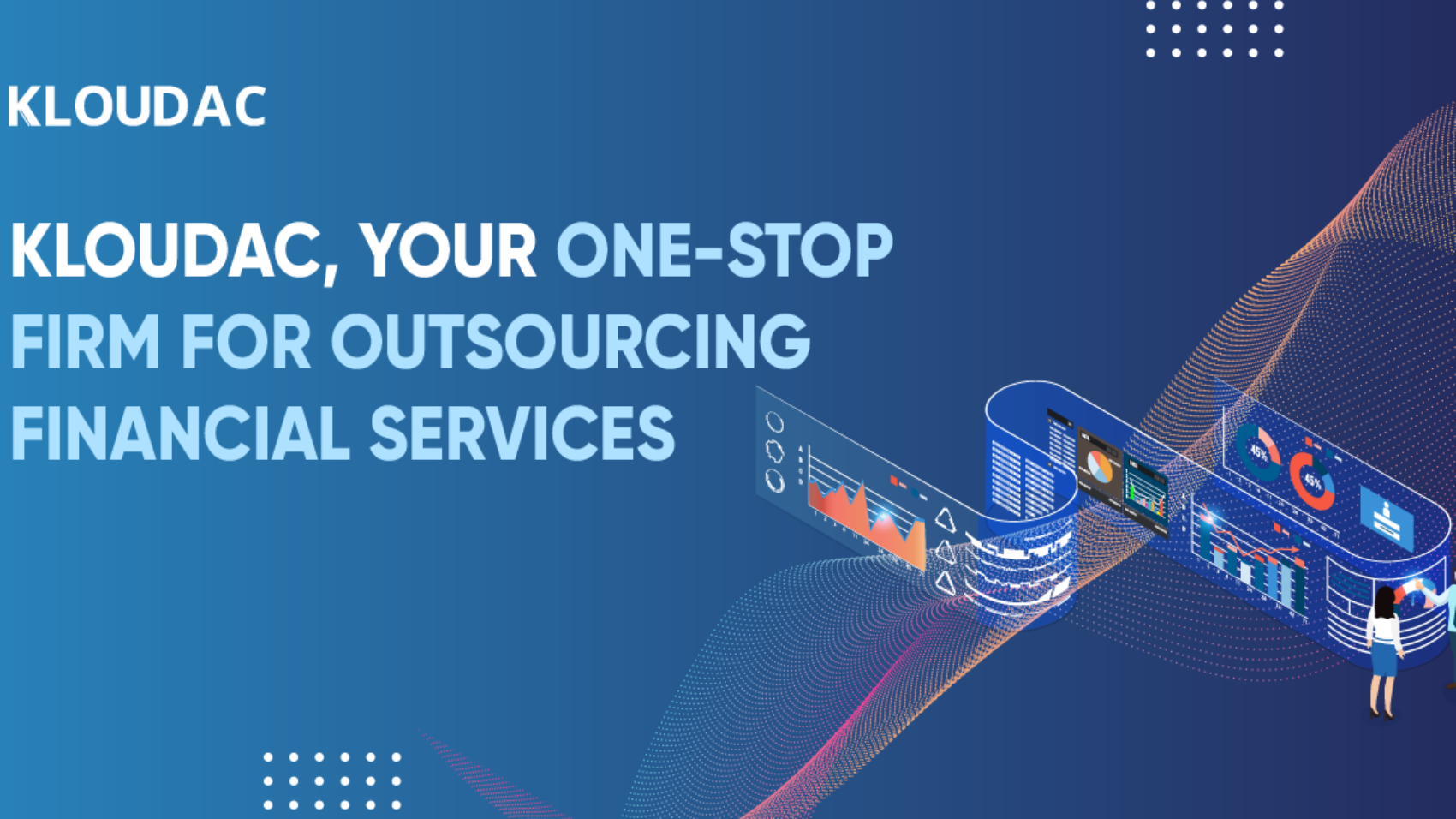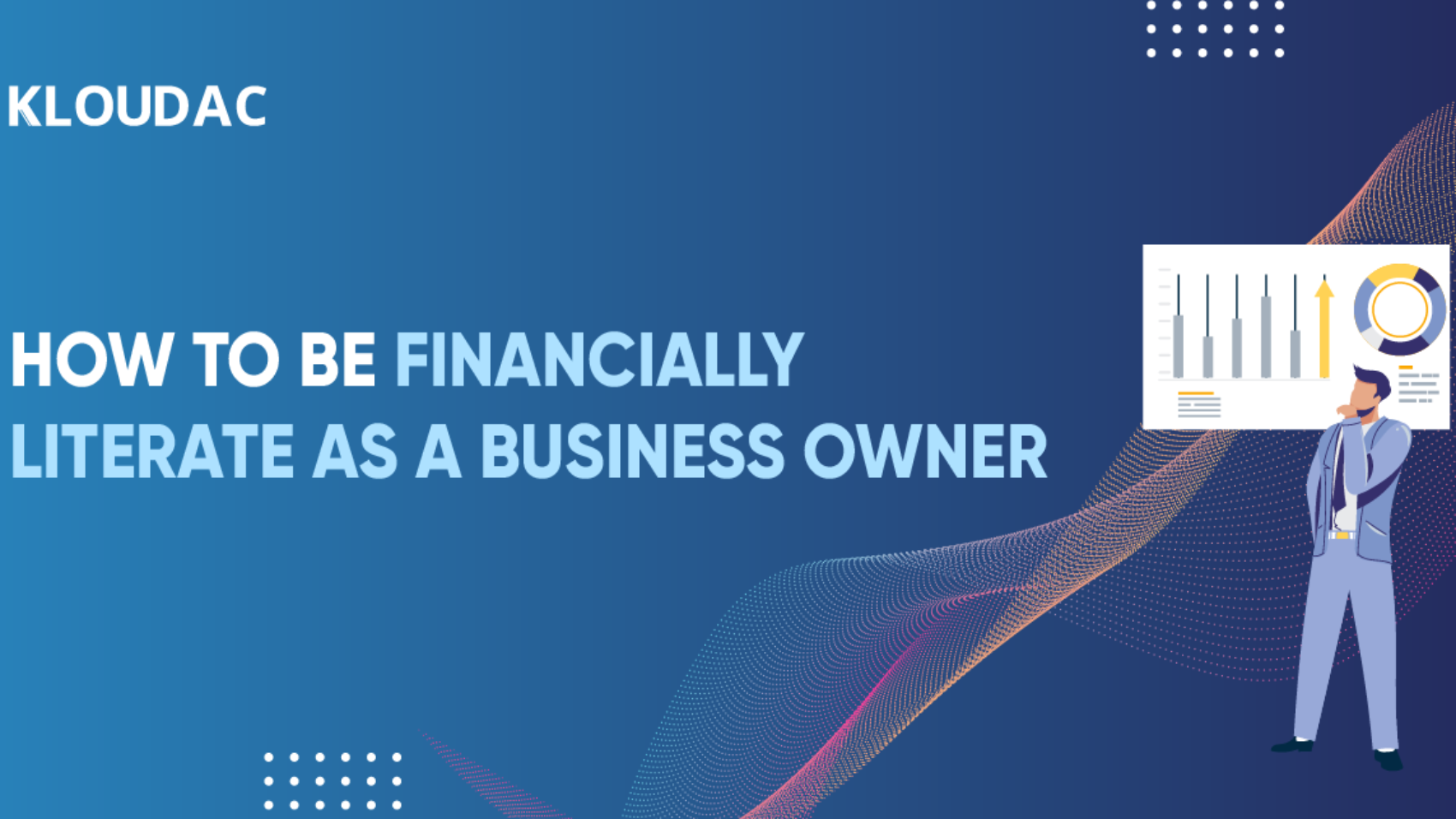The United Arab Emirates (UAE) is witnessing significant developments in its taxation system, with the introduction of a new corporate tax regime and the fifth anniversary of the Value Added Tax (VAT) regime. These changes have far-reaching implications for businesses and the economy as a whole. In addition, the country faces macroeconomic challenges, including declining oil output and a slowdown in the non-oil sector. However, the UAE remains a low-risk nation and is actively working on diversifying its economy. In this blog post, we will explore the key insights from the recent Ministry of Finance awareness session, discuss the economic outlook, and highlight the role of chartered accountants in navigating these changes.
Key Insights from the Ministry of Finance Awareness Session
The Ministry of Finance in the UAE recently held an awareness session to provide information about the upcoming corporate tax (CT) regime. Here are the key insights shared during the session,
Registration: All businesses, including free zones, companies, and individuals, will be required to register for CT, regardless of their taxable income or exemptions. The Federal Tax Authority (FTA) will send invitations to select businesses over the next six months.
Future laws & regulations: Various cabinet decisions will be issued to provide guidance and details for implementing CT, instead of separate executive regulations.
Free Zones: Details regarding “Qualifying FZ” and “Qualifying income” will be published soon, and free zone businesses will need to meet specific conditions to benefit from tax exemptions.
Individuals: Individuals engaged in business activities will be subject to CT. Categories of businesses covered under CT will be announced soon.
Business with multiple entities: Multiple UAE entities can form a “qualifying group” without formal approval from the FTA, and intra-group transactions can be disregarded for tax purposes. A formal application will be required to form a “tax group” that can submit a single tax return for all group members.
Anti-abuse provisions: Reorganizations aimed at gaining tax benefits without valid commercial reasons may be disregarded under anti-abuse rules.
Small business relief: Businesses eligible for “small business relief” will have a NIL taxable income, in addition to the taxable threshold.
Documentation and accounting: Taxable income will be derived from the financial books of account, and separate books for tax purposes are not required. Documentation and record-keeping requirements apply to all businesses.
International tax aspects: The place of effective management (PoEM) will determine tax applicability for foreign companies with a PoEM in the UAE.
Economic Outlook and Challenges
The UAE’s economy is expected to experience a slower real GDP growth rate in 2023 due to various macroeconomic challenges. These challenges include a decline in oil output and a slowdown in the non-oil sector. However, the UAE remains a low-risk nation and is ranked 10th in the GlobalData Country Risk Index. The government aims to reduce vulnerability to external shocks by diversifying the economy through initiatives such as doubling the size of the manufacturing sector and adopting the UAE Circular Economy Policy 2031.
The Role of Chartered Accountants
As the taxation and reporting landscape evolves, chartered accountants will play a crucial role in guiding companies through these changes. They will ensure compliance with regulations and policies, provide clarity in the taxation process, and help companies adapt to the new tax requirements. Additionally, the growing importance of ESG reporting in the UAE presents new opportunities for accountants to support businesses in reporting on environmental, social, and governance factors.
KLOUDAC Accounting Firm Dubai, UAE
The first quarter of 2023 has been an eventful time for the UAE Ministry of Finance. The introduction of a new tax framework, an increase in government spending, and the launch of a new investment fund are all significant decisions that have the potential to impact the financial landscape of the country for years to come. The new incentives for SMEs and the introduction of new regulations for the financial services sector are also important developments that will have a positive impact on the economy.
